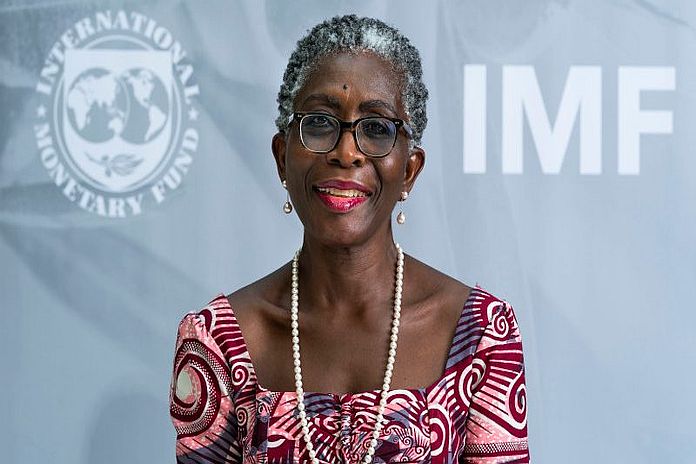WASHINGTON, USA – The executive board of the International Monetary Fund (IMF) concluded on April 28, 2021, its review of Colombia’s qualification for the arrangement under the Flexible Credit Line (FCL) and reaffirmed Colombia’s continued qualification to access FCL resources.
The current two-year FCL arrangement for Colombia was approved by the IMF’s executive board on May 1, 2020.
Access under the FCL was subsequently raised on September 25, 2020, to an amount equivalent to SDR 12.267 billion or about US$17.6 billion and Colombia made a drawing of SDR 3.75 billion or about US$5.4 billion in December. The Colombian authorities stated their intention to treat remaining access under the FCL arrangement as precautionary—an amount equivalent to SDR 8.517 billion (or US$ 12.2 billion).
Colombia’s FCL arrangement was first approved on May 11, 2009, and successor arrangements were approved on May 7, 2010, May 6, 2011, June 24, 2013, June 17, 2015, June 15, 2016, and May 25, 2018.
Following the executive board’s discussion on Colombia, Antoinette Sayeh, deputy managing director and acting chairman of the board, made the following statement:
“Colombia’s very strong policy frameworks, anchored by a flexible exchange rate, credible inflation targeting-regime, effective financial sector supervision and regulation, and medium-term fiscal framework, continue to serve the country well and have allowed the authorities to deliver a coordinated and timely response to the COVID-19 pandemic. As a result, following the largest recession on record, Colombia’s economy is returning to growth with policies well-positioned to support the nascent recovery.
“Colombia remains exposed to elevated external risks given the uncertainty about the path of the pandemic. Delays in the rollout of vaccines worldwide could hamper the domestic recovery through its impact on global demand and oil prices. Tighter global financial conditions could increase borrowing costs and increase rollover risks. In that context, the authorities continue to show their firm commitment to maintaining sound and prudent policies going forward.
“As such, the authorities have submitted to Congress a comprehensive fiscal reform seeking to raise revenues in a durable and equitable way to safeguard key social spending and public investment, while strengthening the fiscal framework to anchor sound public finances over the medium term. This reform will help to stabilize public debt and place it on a downward trajectory over time, allowing the authorities to rebuild fiscal buffers to secure the resilience of the economy.
“The FCL arrangement makes financing available when needed and continues to provide a cushion of international liquidity that signals the strength of Colombia’s fundamentals and its policy frameworks. The authorities have clearly stated their intention to treat the remaining access under the FCL arrangement as precautionary and intend to prepare for a gradual phasing out as the exceptional set of risks in the global economy clearly recede, in line with the temporary nature of the instrument. A careful communication strategy remains important to facilitate a smooth exit from the FCL.”





